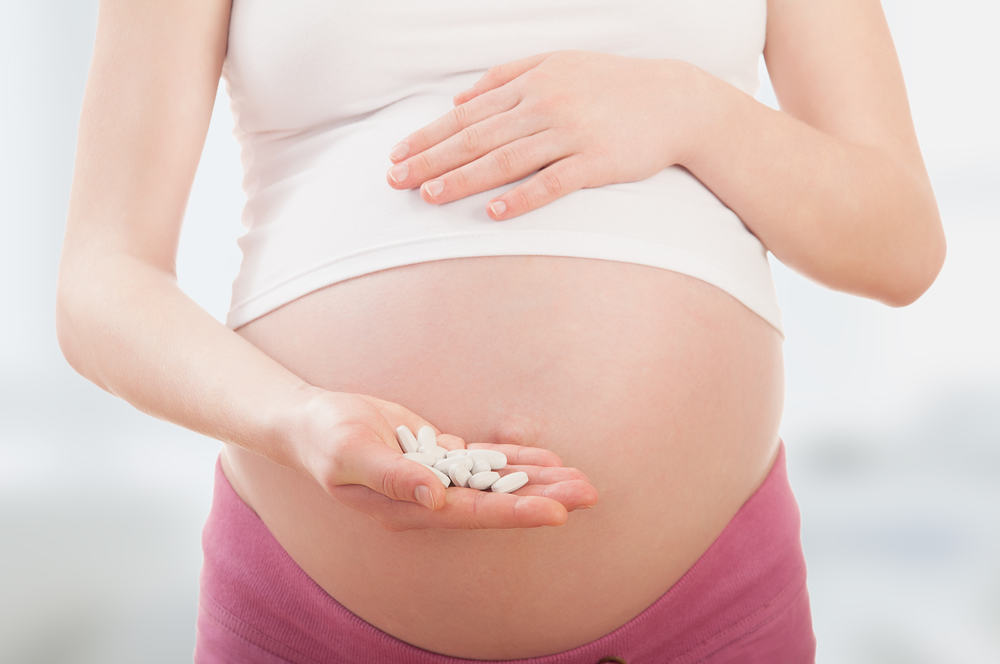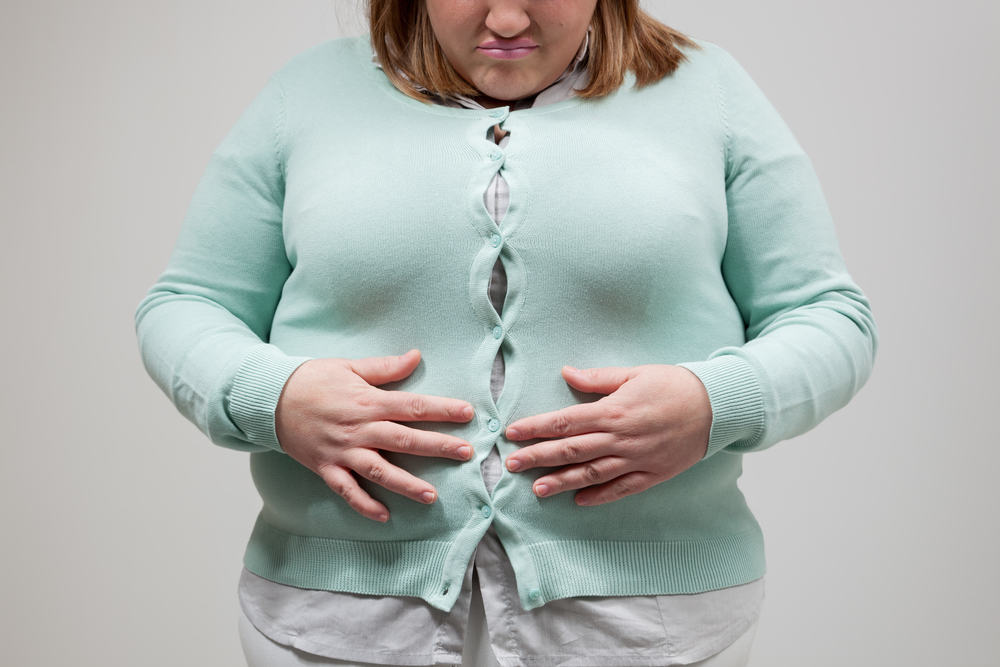Contents:
- Medical Video: Iron Tablets | How To Take Iron Tablets | How To Reduce Iron Supplement Side Effects (2018)
- Indications for oral iron supplementation
Medical Video: Iron Tablets | How To Take Iron Tablets | How To Reduce Iron Supplement Side Effects (2018)
Iron-deficient women during pregnancy cannot be restored through diet alone, so additional oral supplements are usually needed.
Oral iron supplements are an effective, inexpensive, and safe way to replace iron deficiency. Ferrous salt only shows small differences between each other in the efficiency of iron absorption. Ferric salt can be absorbed quite well. The recommended iron dosage for the treatment of iron deficiency is 100-200 mg daily. Higher doses should not be given because absorption will be disrupted and side effects increase.
Ferrous salt consists of ferrous fumarate, ferrous sulphate, and ferrous gluconate. Oral iron supplements must be taken on an empty stomach to avoid impaired absorption, including factors that also interfere with the absorption of non-food heme iron.
The iron element dose for iron-deficiency anemia is 100-200mg per day (1A). Consumption of supplements this should be done on an empty stomach, 1 hour before meals, by giving additional sources of vitamin C (ascorbic acid) such as orange juice to maximize absorption. Antacids or other drugs should not be taken at the same time.
Indications for oral iron supplementation
In accordance with the guidelines for routine antenatal care, pregnant women are required to undergo a complete blood examination during a doctor's visit and at the age of 28 weeks. Thus, the determination of iron supplementation in early pregnancy is easier to do even though it depends on the system at the place of examination of blood test results and appropriate follow-up efforts to avoid delays.
Women who have Hb levels <110g / l to 12 weeks or <105g / l over 12 weeks are advised to undergo iron therapy. Based on hemoglobinopathy findings, serum ferritin must be examined and patients will be offered iron therapy if ferritin levels are <30 µg / l.
Treatment must be started as soon as possible. Secondary care referral should also be considered if significant symptoms appear and / or severe anemia (Hb <70g / l) or advanced pregnancy (> 34 weeks) or if there is no Hb increase in 2 weeks.
Women with Hb> 110g / l to 12 weeks of gestation and Hb> 105g / l exceeding 12 weeks do not include anemia. In non-anemic women (who are at risk for iron deficiency or women who have had anemia), multiple pregnancies, consecutive pregnancies with intervals of less than one year, and vegetarians, require serum ferritin. Other patients to consider are pregnant teenagers and women who are at high risk of bleeding.
If ferritin shows <30 mg / l, 65 mg, iron element supplements need to be given once a day. FBC (full blood count) and ferritin must be examined 8 weeks later.
General screening with routine use of serum ferritin is usually not recommended, because the costs are expensive and can be misused, causing inaccuracies in blood count results. However, research must be carried out on the local population, especially the prevalence of high "risky" women.












